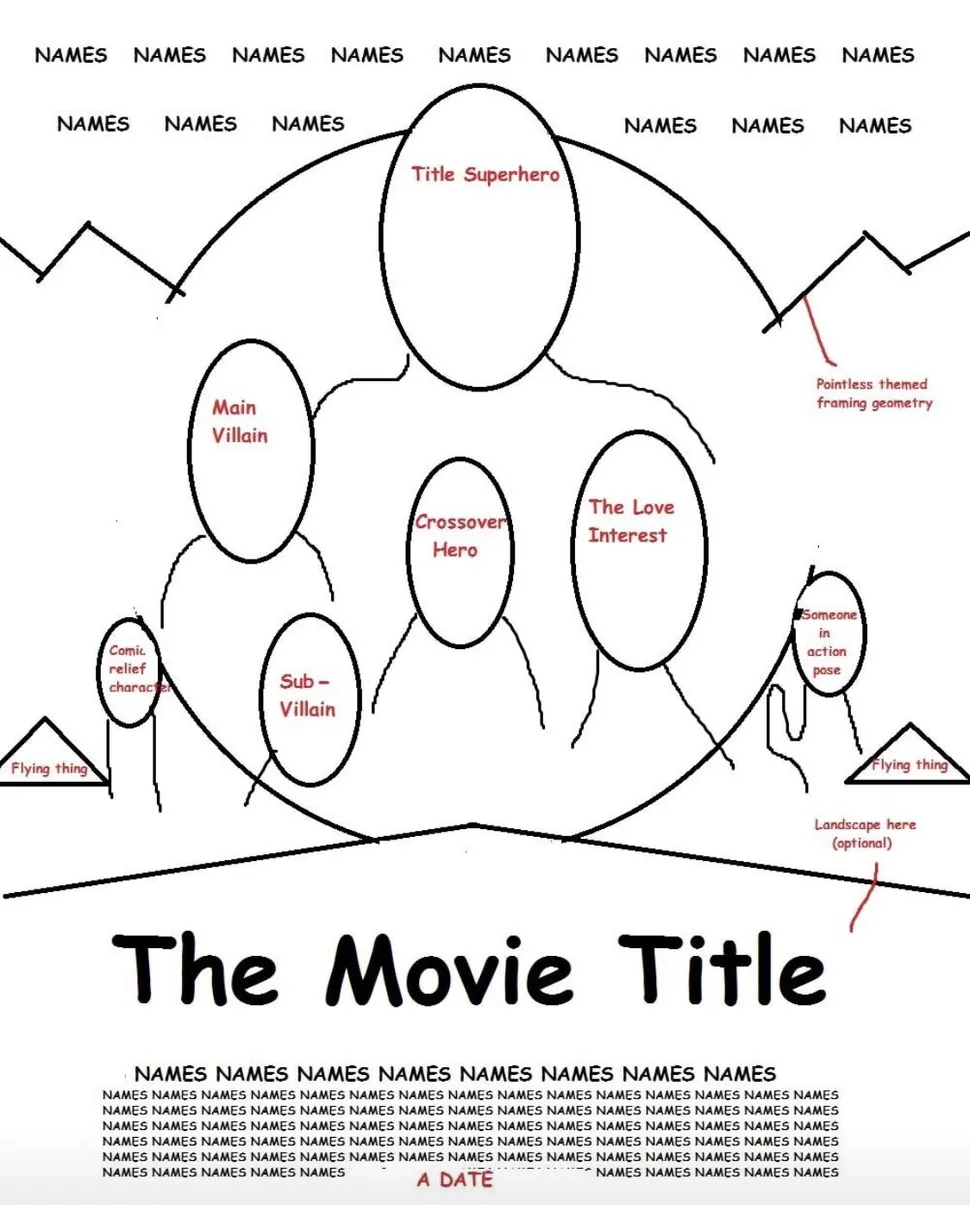According to the adage, an army travels on its stomach. And it’s no different for an indie film production.
Feeding a film crew? A few suggestions, and an idea on how to do it for free:
Sophia Harvey writes Food on Set: Do’s and Don’ts for Feeding Your Crew on No Film School and expounds on these topics:
- Don’t be stingy.
- Aim for variety.
- Keep it caloric, but healthy.
- Pay attention to dietary restrictions.
- Keep it hot and punctual.
- Crafty: no mess, no mayo.
- Coffee and water, always and forever.
- Choose bulk catering.
- Special touches matter.
AJ Unitas lists 8 Essential Tips for Prepping an Awesome Craft Services Table on StudioBinder that include:
- Keep caterers away from the craft services table.
- Buy supplies in bulk from wholesale markets.
- Account for allergies and diets.
- Fill your craft table with healthy options.
- But don’t get too crazy.
- Get brands specifically asked for.
- Turn cheese sticks into two.
- Keep your Production going.
How to afford what could be your biggest expense on a low-budget short?
Lacee Kloze suggests 9 Ways to Feed A Hungry Film Crew For Free on Creative Live. Her bold strategy?
- Create a flashy one-sheet about your project.
- Write a form letter.
- Send your form letter and one sheet combo EVERYWHERE!
- Don’t be afraid to ask for something small — snacks, drinks or desserts — instead of a full meal.
- Don’t forget to ask for staples like bagels and coffee.
- Hit the grocery stores, natural food markets and co-ops.
- Start early.
- Team up with a non-profit.
- When the yeses start coming back, follow through with your promises.
Three great blog posts to get you thinking!
My take: I like French Hours that keep your work day to 10 hours, with no meal break.





